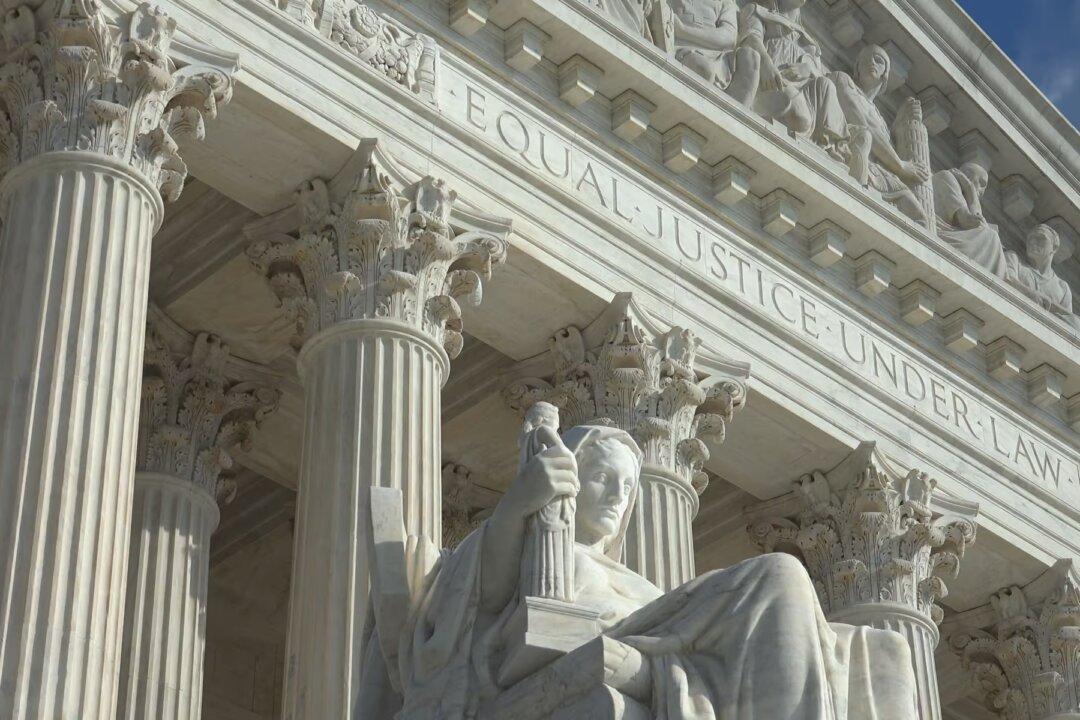A group of parents and students is asking the Supreme Court to review the admissions policy of a top-rated high school in Virginia that they say engages in illegal racial discrimination against Asian American students.
The case gives the court’s conservative-leaning majority an opportunity to expand on its landmark June 29 ruling that struck down the use of racially discriminatory admissions policies at U.S. colleges—a longtime goal of the conservative movement. It’s unclear when the justices will consider the new petition.





